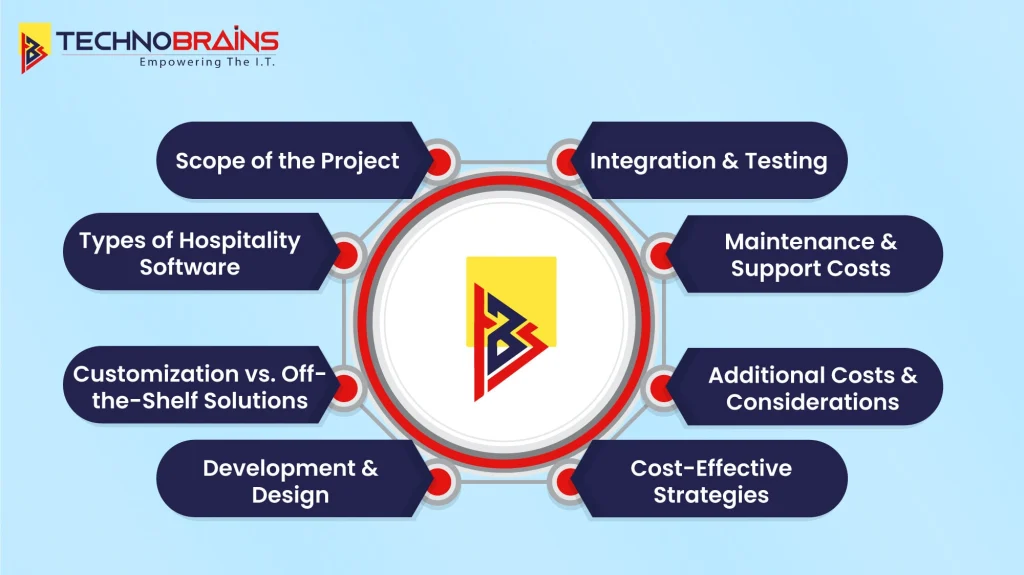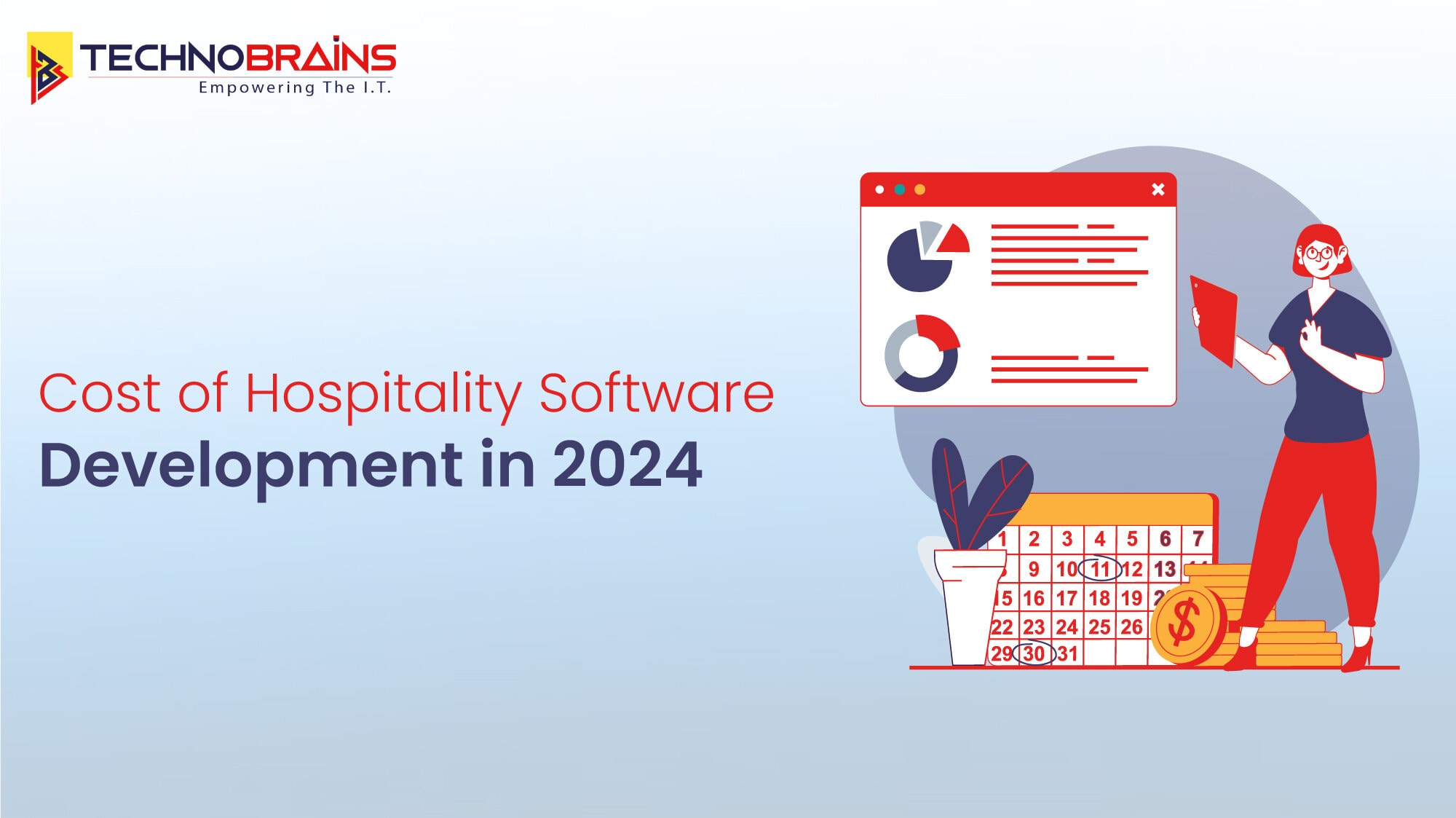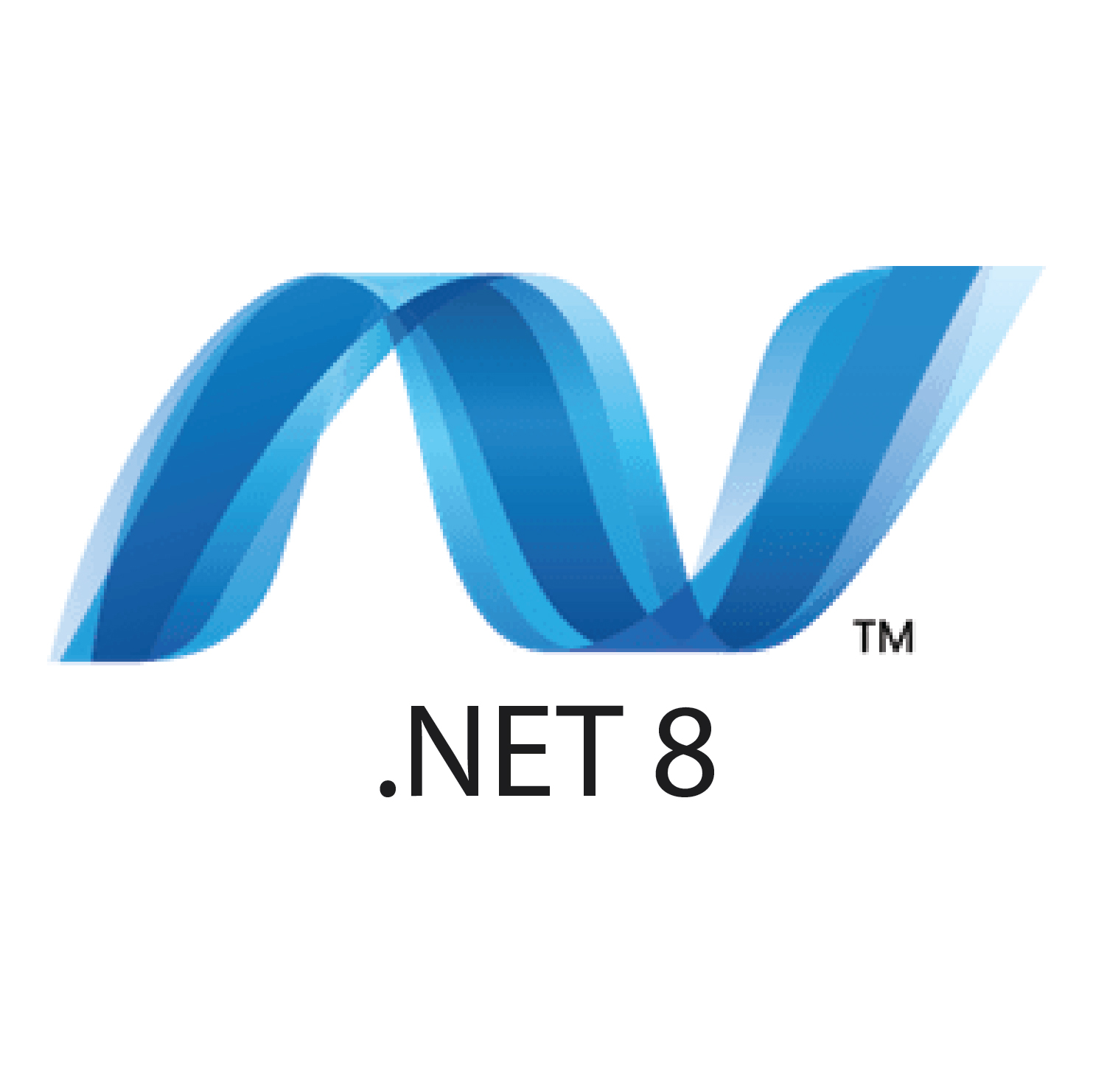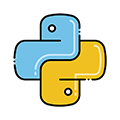The hospitality sector will keep mocking technology further, and hospitality software development will present a bridging feature for the said change in 2024. From simplifying operations to bettering customer experience, the right kind of software may remain the big difference maker. However, one needs to understand the consideration factors that go into costing for the same. This blog describes various aspects of hospitality software development costs in 2024.
Introduction to Hospitality Software Development
What is Hospitality Software?
Hospitality software includes numerous applications designed to help in managing operations, reservations, the guest experience, and more within hospitality businesses. Examples of this include property management information systems, booking engines, and CRM tools.
Why is Software Development Important in Hospitality?
Such effective solutions software could help to maximize operations, increase guest satisfaction, and maximize business growth. In a competitive industry determined by good customer service, the right tools are needed to compete with like-minded competitors.
Factors Influencing the Cost of Development

There are several factors that can have a significant impact on how the cost of the software is divided. Here are some of the factors that are primarily responsible for affecting the cost of hospitality software development.
1. Scope of the Project
The pricing for this will depend on the complexities of the software. If it involves only simple applications that make the basic features supportable, then it is not so cost-intensive. The more sophisticated systems—including advanced functionalities such as AI integration or multi-channel booking systems, for example—are obviously at higher price points.
Read Also, Different Types of Hospitality Software You Must Know About
2. Different Types of Hospitality Software
- PMS: property management systems utilized for the management of the book, checking-in, out processes, and other operational activities.
- Booking Engines: online reservations, integrated into different channels of distribution.
- CRM Systems: Emphasize management of relations with guests, individual marketing activities, and loyalty programs.
- Point-of-Sale Systems: These would help in taking care of transactions and inventory for on-site restaurants and bars.
3. Customization vs. Off-the-Shelf Solutions
- Custom solutions are tailored to individual needs and processes: however, they are overall more expensive because it takes time and resources to develop them.
- Off-the-Shelf Solutions: Pre-built and more affordable but may not meet all unique requirements.
4. Development and Design
Initial Consultation and Planning
Initial consultation, requirement gathering, and project planning-related costs. One of the most critical phases, always ensuring that the scope is properly defined and actions address the needs of all stakeholders.
Design and User Experience (UX)
Designing and UX are critical in ensuring that software is user-friendly, usable, and meets industry standards; from here will emanate a wireframe, mockup, and prototype.
Development and Coding
The core development phase, involves coding, integration of functionalities, and testing whether the software works as per expectations. The cost varied in regards to complexity and used technology stack.
5. Integration and Testing
System Integration
While this can be done, the software integration with such existing systems as booking engines, payment gateways, or CRM systems was rather tricky and added to the cost. Proper integration ensures smooth running across different platforms.
Quality Assurance and Testing
Testing is required for bug identification and fixing, checking compatibility, and validation of the software against its prescribed requirements. Thorough testing will involve functional, performance, and security testing.
6. Maintenance and Support Costs
On-going Maintenance
Regular updates and bug fixes with continuous improvements are necessary to keep it running.
Technical Support
To this end, it involves providing support to address any issues that may arise for the user. Helpdesk services, troubleshooting, and advice to users can be requisite in this respect.
7. Additional Costs and Considerations
Licensing and Subscription Fees
Some of the software may involve licensing fees or subscription-based models, all of which need to be considered while making a budget.
Data Security and Compliance
This can include extra expenses for ensuring that the software operates in conformity with data security standards and regulatory legislation, in particular, handling sensitive guest information.
Training and Implementation
Moreover, training staff to use the new software and its integration into daily practice can prove more expensive.
8. Cost-Effective Strategies
Prioritize Key Features
Focus on essential features that meet immediate needs, and by doing so, allay some cost pressures while achieving major improvements.
Leverage Cloud Solutions
Cloud-based solutions are instrumental in driving upfront costs down while offering options for scalability, hence quite cost-effective for many business owners.
Consider Phased Development
Implementing the software in phases allows for spreading costs over time and making adjustments based on feedback.
Choosing the Right Development Partner
Experience and Expertise
Choose a development partner with domain expertise in the hospitality sector and a very impressive record of delivering quality software solutions during implementation.
Cost Transparency
Demand a clear and detailed cost breakdown from the development partner to ensure no unforeseen expenditures arise.
Post-Development Support
Choose a partner that will give you comprehensive support, including maintenance and updates, post-development.
Read Also, Ultimate Guide to Hospitality Software Development in 2024
Conclusion
In other words, hospitality software development cost estimation in 2024 involves everything from the scope of work down to continuous maintenance. Weighing your needs with the budget carefully and partnering with the right person in development will ensure you get software that improves the operational and guest experience with expenditure at your control. Equipping oneself with the right software to meet the changing demands of guests and remain competitive in the increasingly technologically advanced hospitality environment is a requirement. Looking for cost effective hospitality software development services? Then, consider TechnoBrains.
Still stuck with questions? Contact us now and get all your answers.









